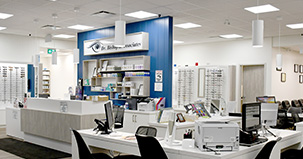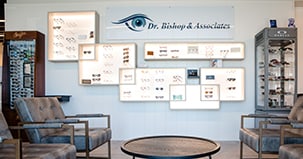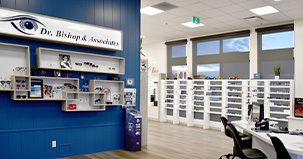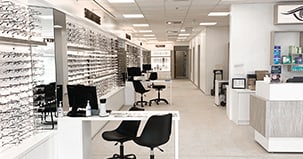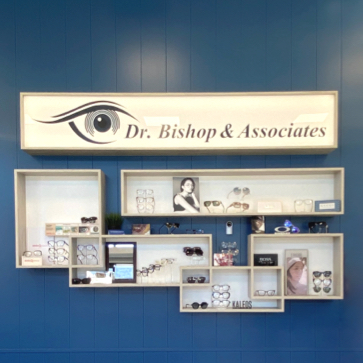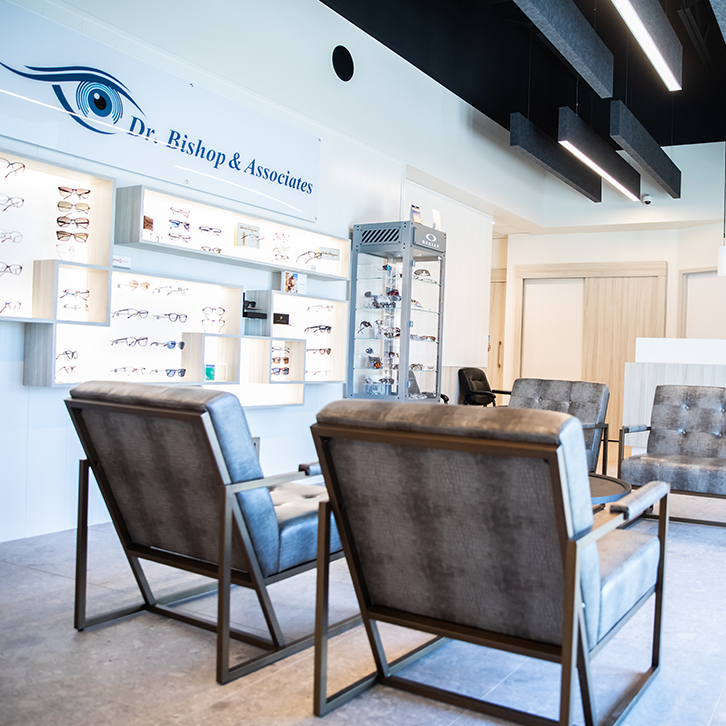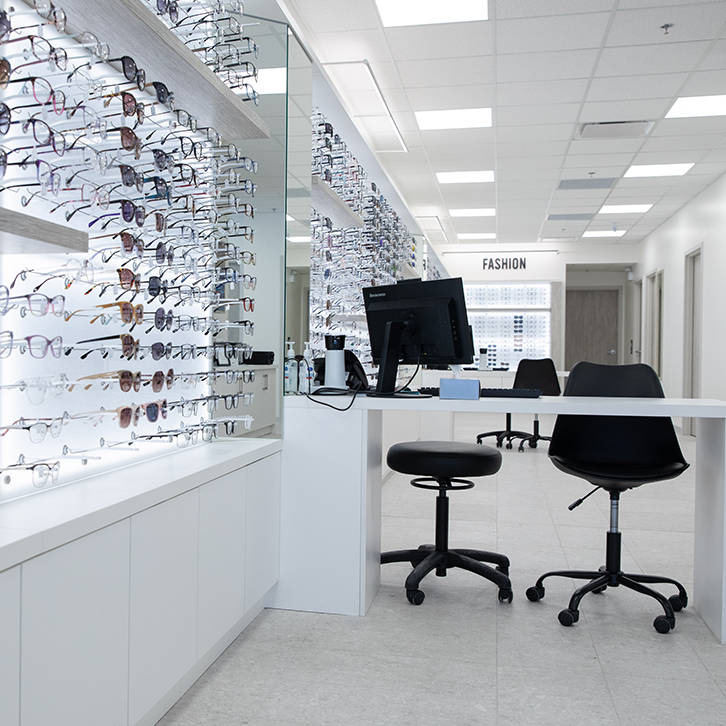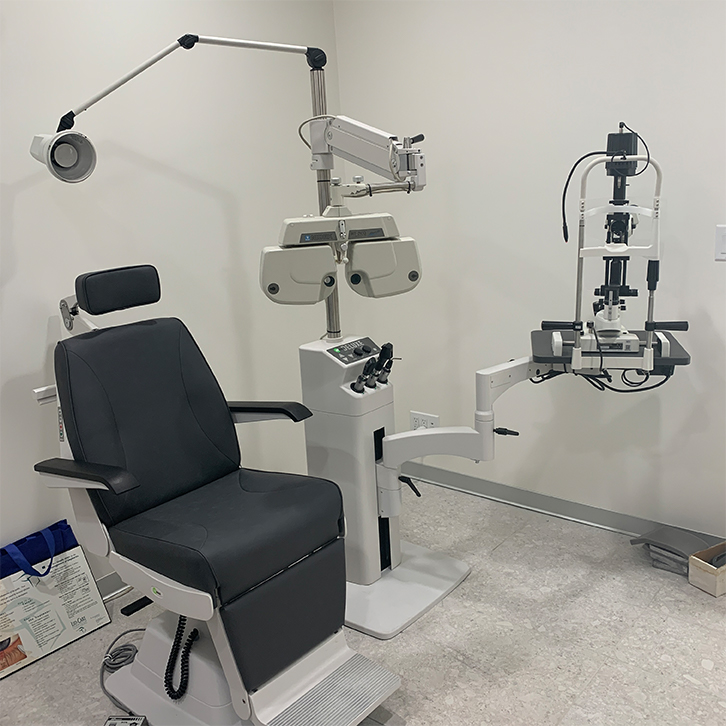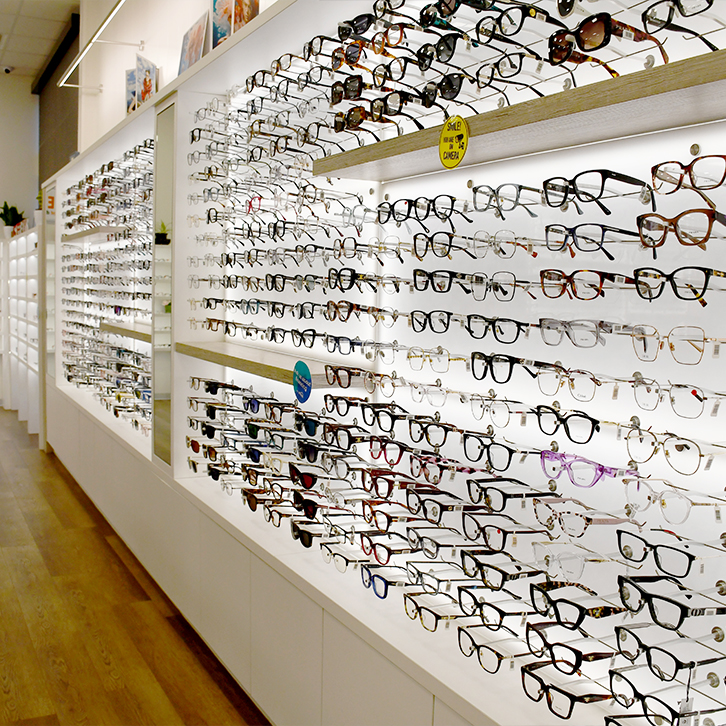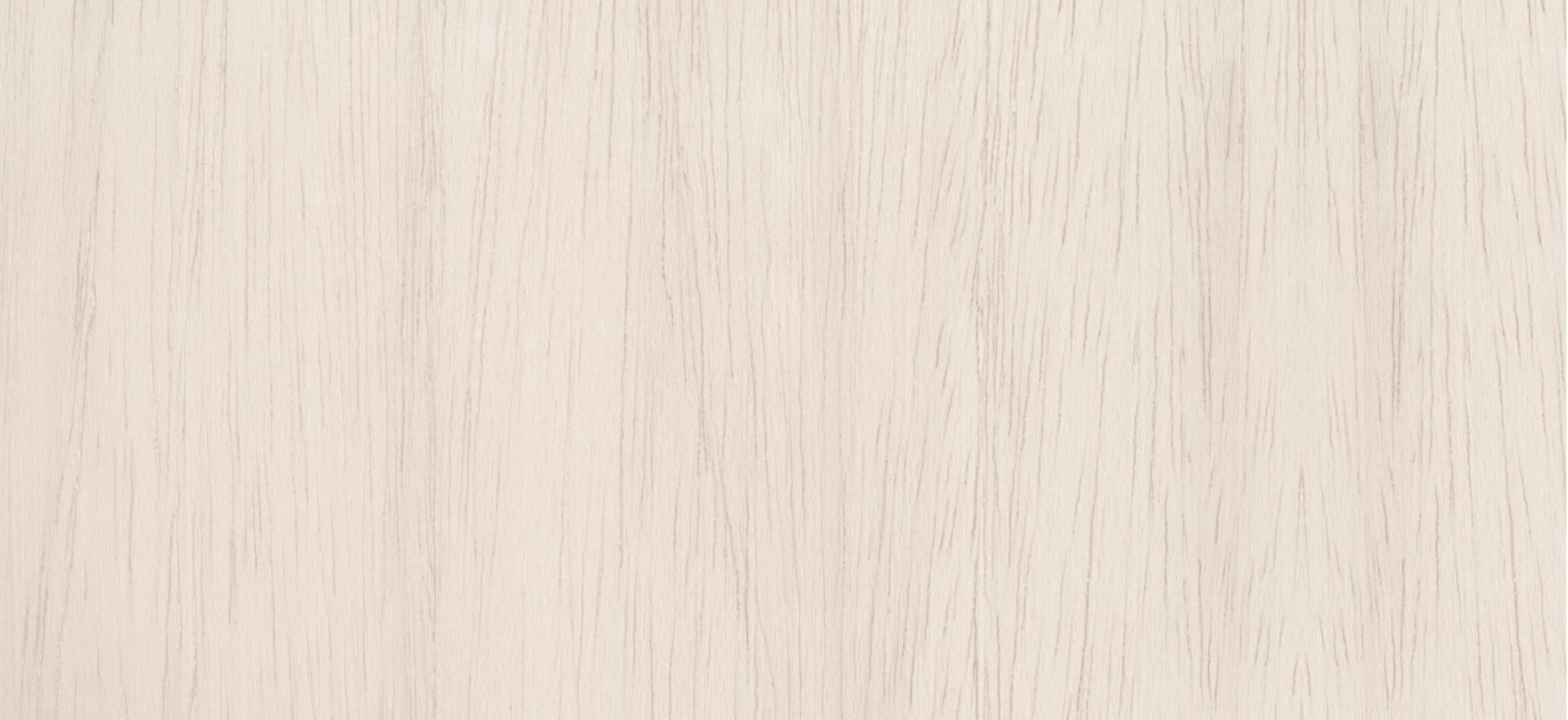It’s no secret that maintaining a healthy diet is crucial for overall health and well-being, but it also plays a significant role in supporting healthy eyes and vision.
Eating healthy foods that contain essential vitamins and minerals, like peppers, kiwi, and fish, can protect your eyes from damage and prevent eye diseases. On the other hand, foods that contain excess sugar, fats, and processed grains may increase your risk of developing eye diseases like cataracts and macular degeneration.
As we age, being conscious of our diet and getting regular eye exams can make a big difference in our vision and overall health. Understanding how diet can affect your eyes and overall health can help you make informed choices to support your eye health through every stage of life.
How Your Diet Can Impact Eye Health
Our eyes are complex systems, and the foods we consume are part of what fuels them. Like the rest of your body, your eyes need oxygen and nutrients to thrive, and they rely on tiny arteries to get those nutrients.
Certain vitamins and minerals can support the health of our eye arteries and help protect our eyes from conditions and diseases like dry eye, age-related macular degeneration (AMD), and UV damage.
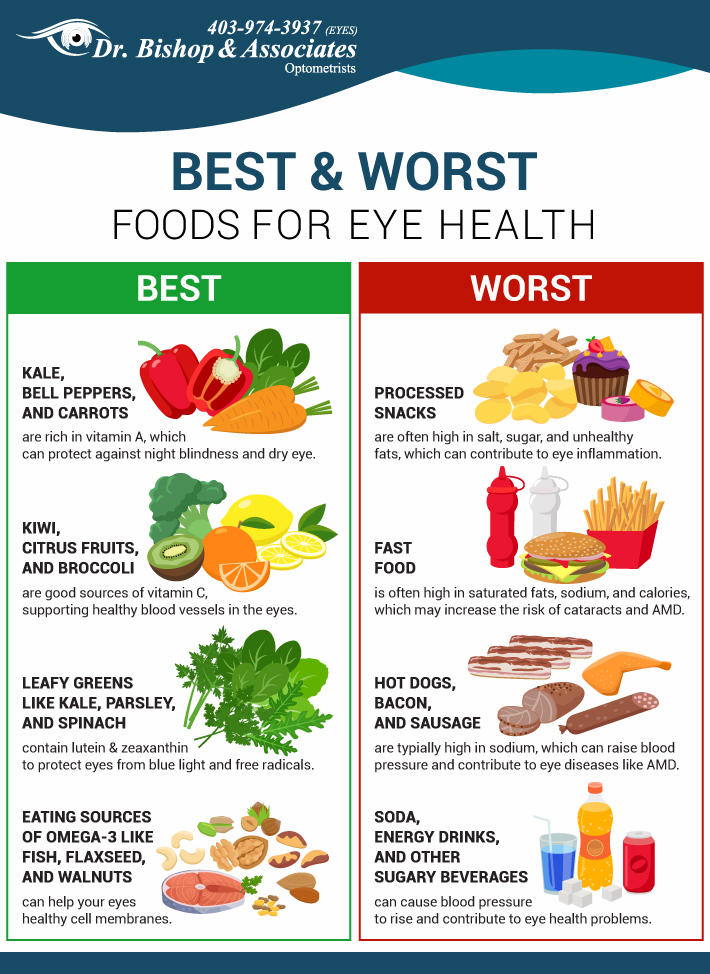
Best Foods for Eye Health
When choosing foods for eye health, you should focus on the key nutrients different foods can provide. Some of the main vitamins and minerals you can look for include vitamin A, vitamin C, lutein, zeaxanthin, and omega-3 fatty acids.
Vitamin A
Vitamin A is essential for good vision, and deficiency can lead to night blindness and dry eyes. You can find Vitamin A in foods such as:
- Kale
- Bell peppers
- Carrots
Vitamin C
Vitamin C is an antioxidant that helps prevent damage from free radicals and supports healthy blood vessels in the eyes. Some foods high in vitamin C include:
- Kiwi
- Citrus fruits
- Broccoli
Lutein & Zeaxanthin
These nutrients are carotenoids, which are natural pigments found in the macula and retina of your eyes. These important nutrients can support eye health by protecting your eyes from damage caused by harmful blue light and free radicals. Find lutein and zeaxanthin in:
- Kale
- Parsley
- Spinach
Omega-3 Fatty Acids
Omega-3s play a crucial role in maintaining healthy cell membranes and reducing inflammation throughout the body, including in the eyes. Some great sources of omega-3 include:
- Fish (salmon, mackerel, and sardines)
- Flaxseed
- Walnuts

Worst Foods for Eye Health
It’s worth noting that certain foods which are commonly considered detrimental to your overall health can also adversely affect your eye health. According to research, consuming a diet that’s heavy in processed sugars, saturated fats, and refined carbohydrates may heighten the risk of developing eye diseases, particularly AMD.
Processed Snacks
Chips, crackers, and other processed snacks are often high in salt, sugar, and saturated fats, which can contribute to inflammation and impact the eyes.
Sugary Drinks
Soda, energy drinks, and other sugary beverages can cause blood pressure to rise, which can contribute to eye problems and potential vision loss.
Fast Food
Fast food is often high in saturated fats, sodium, and calories, which may increase the risk of eye conditions such as cataracts and AMD.
Processed Meats
Processed meats such as hot dogs, bacon, and sausage are typically high in sodium, which can raise blood pressure and contribute to the development of AMD and other eye conditions.
How Seniors Can Eat for Eye Health
As we age, our eyes become more susceptible to certain conditions such as AMD, cataracts, and glaucoma. However, making dietary changes can be a simple and effective way for seniors to protect their eye health.
How to Incorporate Healthy Food Into Your Diet
We can easily incorporate eye-healthy foods into our diets by making simple changes. Here are some tips on how to get started:
- Add leafy greens such as spinach, kale, and collard greens to salads, smoothies, soups, and stir-fries.
- Snack on nuts and seeds throughout the day. These are high in omega-3 fatty acids, vitamin E, and zinc, which are all beneficial for eye health.
- Incorporate fish into meals such as salmon, tuna, and sardines 2–3 times per week. These are high in omega-3 fatty acids, which can help prevent dry eyes and reduce the risk of AMD.
- Substitute whole grains for processed grains. Instead of white bread, rice, and pasta, choose whole-grain alternatives such as brown rice, quinoa, and whole-wheat pasta. These are high in Vitamin E, which can help protect against cataracts and AMD.
On top of a healthy diet, keeping your eye exam schedule up-to-date is a crucial step in keeping your eyes healthy. This is especially important for seniors, as eye exams can detect early signs of age-related vision concerns and help you take steps to preserve your eyesight.
Protect Your Vision from Further Damage
The foods we eat can impact our bodies in so many ways and provide fuel to help our eyes thrive. Prioritizing a healthy diet is a key step in taking care of your eye health and your overall well-being.
At Dr. Bishop & Associates, we are your partners in eye health. Visit us for an eye exam and learn more about the small steps you can take to care for your eyes every day!







